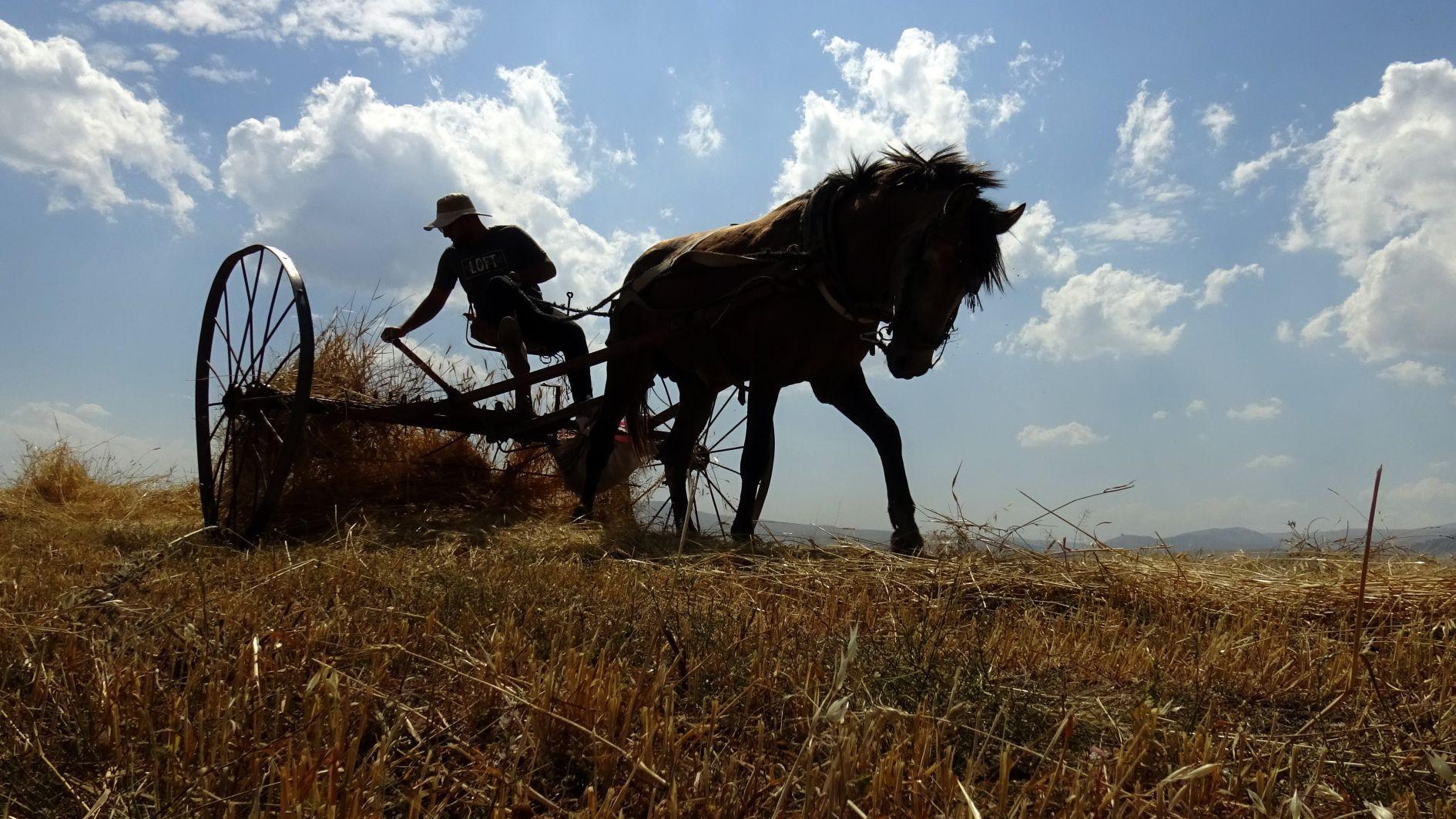
Disruptions in rainfall patterns, intensified by climate change, are increasingly impacting agricultural productivity across Türkiye.
Sector representatives report a 6.75 percent decline in wheat yields, forecasting a loss in output valued at approximately 17 billion Turkish Liras.
While rainfall in Southeastern Anatolia dropped by up to 60 percent, the Aegean and Mediterranean regions recorded their highest precipitation levels in the past two decades.
Despite regional disparities, overall wheat production is expected to reach around 18.65 million tons, down from the long-term average of 20 million tons.
Officials note that this decline is not expected to negatively affect consumer prices, citing sufficient reserves held by the Turkish Grain Board (TMO).
February’s agricultural frost, followed by above-average temperatures and below-normal rainfall in March and April, led to significant yield losses in Adana and Hatay, estimated at 35–40 percent.
In contrast, areas in Aksaray, Kırşehir and Nevşehir affected by early April frosts showed signs of recovery after subsequent rainfall.
In Eskişehir, early-sown barley fields experienced premature heading and stunted growth due to frost, resulting in moderate yield losses. In Kırıkkale, 15–20 percent of cereal-planted land was adversely affected by frost, though rising temperatures helped crops recover as root zones remained undamaged.
Özkan Taşpınar, president of the National Grain Council, emphasized the challenges posed by erratic rainfall and frost events: “Rain doesn’t fall when crops need it most. When it does, it pours in a single day, offering little benefit. You plant spring varieties, and then frost hits. Fields are clearly affected by climate change, but we don’t expect a dramatic drop in overall yield.”
He added that Türkiye’s wheat consumption needs will be comfortably met and that current conditions pose no threat to consumer prices.
Hüseyin Demirtaş, president of the Turkish Agriculturalists Association, echoed this sentiment for cereals and legumes but warned of a difficult season for fruit growers.
“This summer, fruit prices will be at least double compared to last year. Consumers won’t find fruit under 100 liras unless we import,” he said.
Demirtaş also highlighted the strain climate change places on water resources, advocating for a shift from open irrigation systems to closed and pressurized methods to reduce water loss.